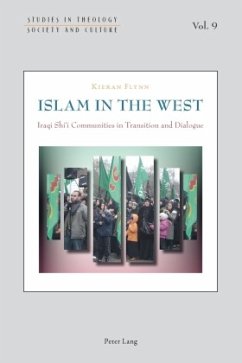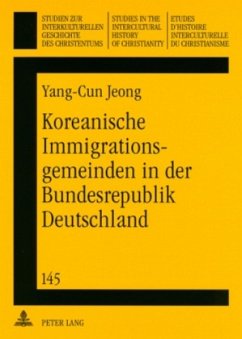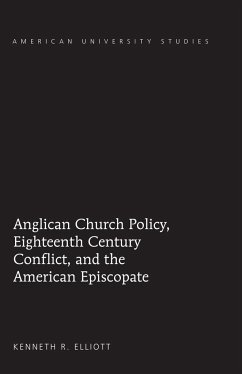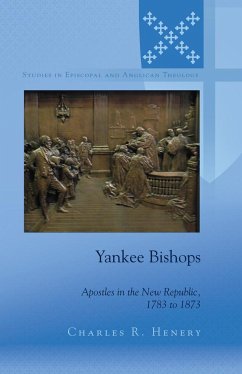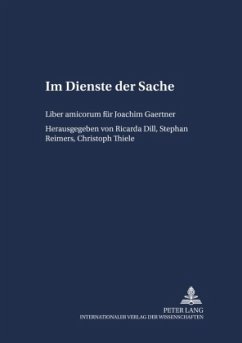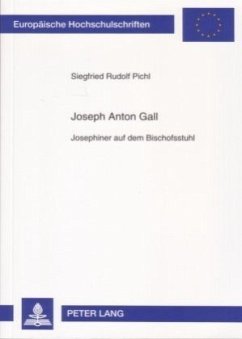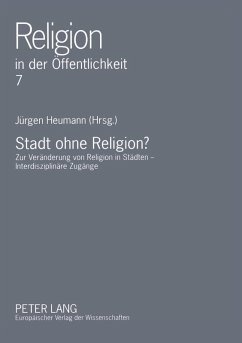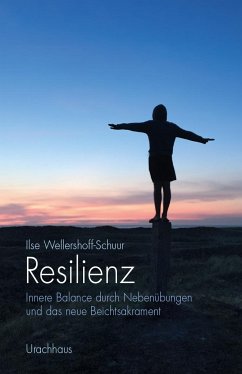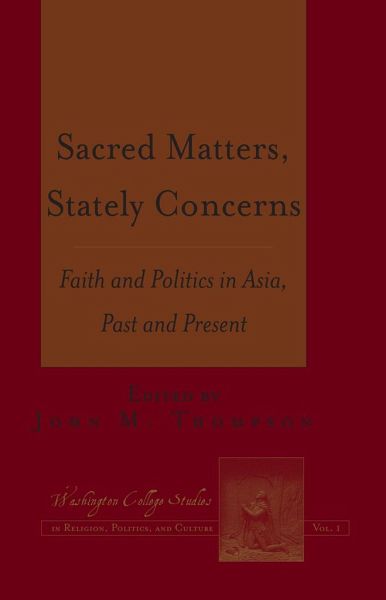
Sacred Matters, Stately Concerns
Faith and Politics in Asia, Past and Present
Herausgegeben: Thompson, John M.
Versandkostenfrei!
Versandfertig in 6-10 Tagen
95,45 €
inkl. MwSt.
Weitere Ausgaben:

PAYBACK Punkte
0 °P sammeln!
Politics and religion have been major forces throughout history, and they still are as anyone who pays attention to current events can see. Understandably, the relationship between religion and politics calls for careful and ongoing scholarly exploration. At the same time, global centers of economic and military power are shifting from being concentrated in the West (Europe and North America) to areas in Asia, the world's largest landmass and home to the bulk of the world's population. Indeed, the twenty-first century is already shaping up to be the «Asian century». Perhaps not surprisingly,...
Politics and religion have been major forces throughout history, and they still are as anyone who pays attention to current events can see. Understandably, the relationship between religion and politics calls for careful and ongoing scholarly exploration. At the same time, global centers of economic and military power are shifting from being concentrated in the West (Europe and North America) to areas in Asia, the world's largest landmass and home to the bulk of the world's population. Indeed, the twenty-first century is already shaping up to be the «Asian century». Perhaps not surprisingly, just as in the West, so in Asia, societies have been - and are still being - shaped by religious and political forces.
Sacred Matters, Stately Concerns: Faith and Politics in Asia, Past and Present examines the complex and intertwined nature of «politics» and «religion» in diverse cultures within Asia, ranging from China and Japan to Indonesia, Pakistan, and India. By their very nature, the essays included here defy easy generalizations about the nature of religion in various societies, forcing us to rethink, and, one hopes, pushing us beyond staid assumptions. Certainly, these essays challenge prevailing views of national/political boundaries in Asia (and by extension elsewhere), and highlight the fact that the «separation of Church and State», a hallmark of the American political system, has rarely been observed in other places and times.
Sacred Matters, Stately Concerns is suitable for use in a variety of courses on Asian history and politics as well as surveys of Asian culture and international relations and comparative/world religion and philosophy courses.
Sacred Matters, Stately Concerns: Faith and Politics in Asia, Past and Present examines the complex and intertwined nature of «politics» and «religion» in diverse cultures within Asia, ranging from China and Japan to Indonesia, Pakistan, and India. By their very nature, the essays included here defy easy generalizations about the nature of religion in various societies, forcing us to rethink, and, one hopes, pushing us beyond staid assumptions. Certainly, these essays challenge prevailing views of national/political boundaries in Asia (and by extension elsewhere), and highlight the fact that the «separation of Church and State», a hallmark of the American political system, has rarely been observed in other places and times.
Sacred Matters, Stately Concerns is suitable for use in a variety of courses on Asian history and politics as well as surveys of Asian culture and international relations and comparative/world religion and philosophy courses.





